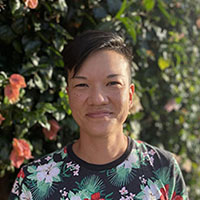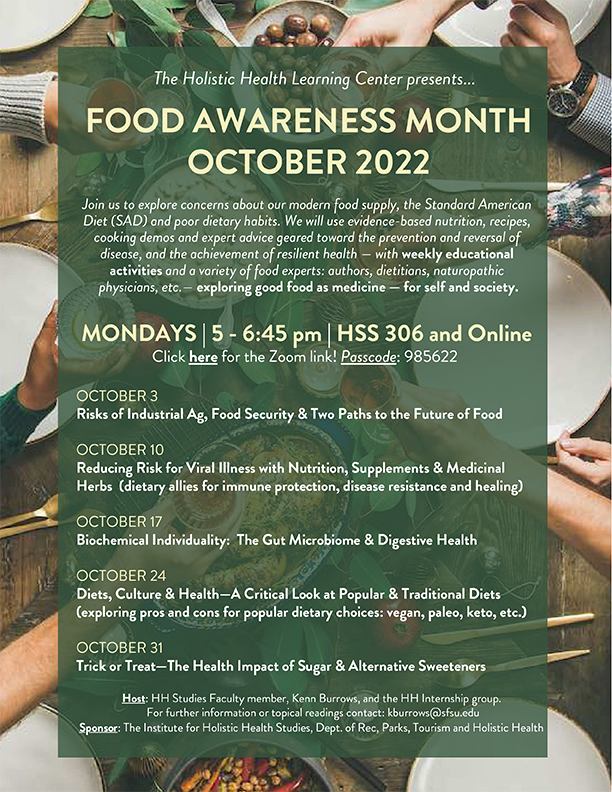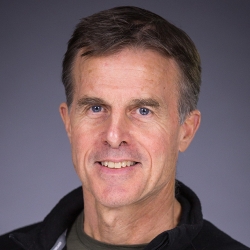From Polarization to Integration: A New Vision of Health, Activism & Cultural Evolution
The Institute for Holistic Health Studies invites students, faculty and community “Thought Leaders” for a collective “Think Tank” (new type of conference) to explore some of the core issues of our time.
Welcome to our collective crisis... to an emerging society unable to solve its mounting problems and seemingly incapable of civil discourse. This ultimate crisis is not economic, or environmental, it’s imaginal (mental) and social, fed by unacknowledged assumptions, and polarized beliefs that act as filters shaping what we see and don’t see. This imaginal crisis is also fed by today’s media system — with our gloomy post-truth predicament and its ongoing display of threat and terror in news headlines that contribute to a cycle of helplessness, cynicism and social disengagement.
This conference will focus on answering a key question:
Which thoughts, beliefs and conditions bring out the worst in us, and which bring out our best?
What supports the human mind tilting toward dualistic (polarized) thinking (i.e. narrowed perception, fixated thinking and reactive behavior) vs. integrative thinking, which is associated with the capacity for discovery, creativity, collaboration and well-being?
The conference will emphasize five reflective topics and practices to foster integrative thinking:
- New Mind, New World—The Life-Changing Shift: Dualistic to Holistic Thinking
- Media Awareness: Finding Trustworthy News in an Era of Censorship and Misinformation
- Art, Artists and Awakening Possibility
- Seeking Social Justice: Culture Wars and Cultural Healing
- Cross-Cultural (Community) Dialogue
Join us and explore alternatives in how we think and relate to each other — to create the world we want.
Also note events leading up to the conference, as part of National Week of Conversation: April 17-23
Participate and help our society transform division and contempt into connection and understanding.
Host: The Institute for Holistic Health Studies
Faculty contact: Kenn Burrows
Information: Department of Recreation, Parks & Tourism, HSS 307
No cost for this event. Save the date! Speakers, Zoom link and conference details will follow.


